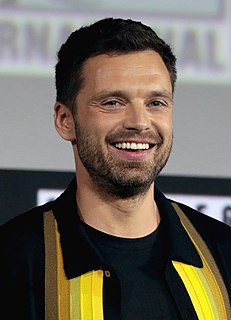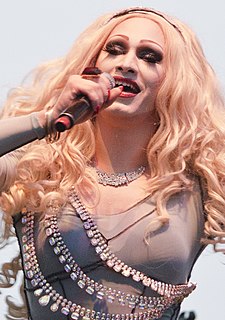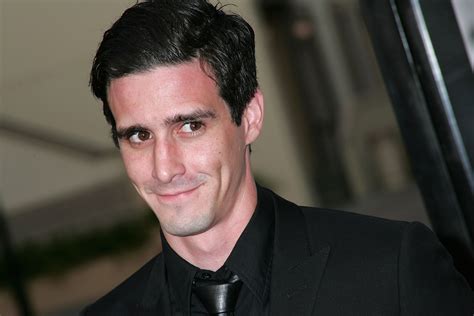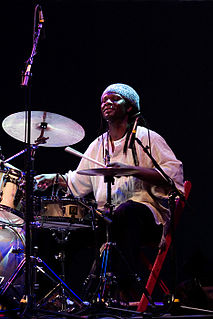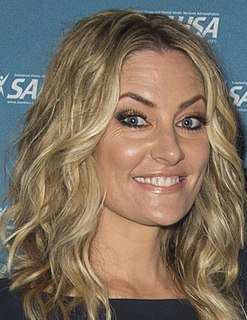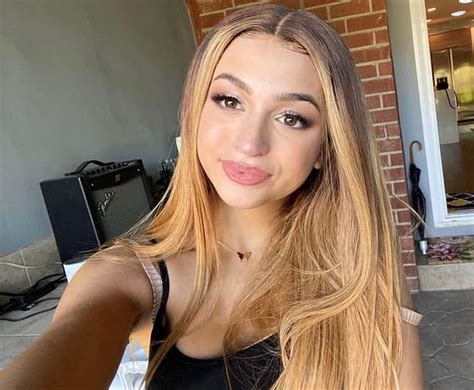A Quote by Liev Schreiber
You'd think true masculinity was just calm and collected happiness. So alpha male that it needs not or worries not. But typically masculine characters are always fighting, and most violence comes from some agitated level of fear and anxiety.
Related Quotes
Fighting is all about calmness and relaxation. My appearance was all an illusion. My appearance is of a mad man, but I'm really calm and collected. Even though I'm fighting, I'm calm and relaxed as possible, despite my displays, because once you get excited, you can't fight at the highest level of your ability.
Femininity doesn't always relate to being a woman and masculinity doesn't always relate to being a man; it's a quality of being-ness. Women have to portray the quality of masculinity; society wants it to be like a man; not necessarily male, but like a man. If that makes sense...In nature itself, there's yin and yang, there's masculine and feminine.
As a guy develops and practices his masculinity, he is accompanied by an invisible male chorus of all the other guys, who hiss orcheer as he attempts to approximate the masculine ideal, who push him to sacrifice more of his humanity for the sake of his masculinity, and who ridicule him when he holds back. The chorus is made up of all the guy's comrades and rivals, his buddies and bosses, his male ancestors and his male cultural heroes--and above all, his father, who may have been a real person in his life, or may have existed only as the myth of the man who got away.
I think at some level, it's just alchemy that we, as writers, can't explain when we write the characters. I don't set out to create the characters - they're not, to me, collections of quirks that I can put together. I discover the characters, instead. I usually go through a standard set of interview questions with the character in the beginning and ask the vital stuff: What's important to you? What do you love? Hate? Fear? .. and then I know where to start. But the characters just grow on their own, at a certain point. And start surprising me.
Worries typically follow such lines, a narrative to oneself that jumps from concern to concern and more often than not includes catastrophizing, imagining some terrible tragedy. Worries are almost always expressed in the mind's ear, not its eye - that is, in words, not images - a fact that has significance for controlling worry.
I've discovered that I can't trust the ratings board at all, because they have - to my mind - a perverted point of view about what's appropriate for children. They think that if you see any part of a male or female anatomy, we have to protect children from it, which is not true, and they think almost any level of violence is okay for children, which is absolutely not true... They're really off the mark.
For the most part, it's a very male-dominated business. Most executives are male, so it's always sort of their vision of stuff. I'm constantly fighting against that, even when I play the wife or the girlfriend or the best friend. I always try my hardest to bring as much layering in and not make things stereotypical, but it's hard.
I think, almost, the film industry thinks that by making gay characters super masculine, it's an attempt at saying being gay is OK if you act like straight people. I don't think we should just have gay characters who are 100 percent femme, either. I just think it's about that mix and creating more diverse gay characters.


